T1D Guide
T1D Strong News
Personal Stories
Resources
T1D Misdiagnosis
T1D Early Detection
Research/Clinical Trials
T1D Sibling Screening: A Parent’s Guide to Why It’s Critical and Easy
The idea that another member of your family, another child, might also develop type 1—can be deeply concerning, triggering feelings of helplessness. But on the plus side, early testing empowers you to stay one step ahead, giving your family time to prepare, access to care sooner, and, most importantly, it protects your child’s short and long-term health.
.jpg)
Early testing can offer peace of mind too, and, if needed, a critical head start. Early detection helps you catch type 1 diabetes (T1D) promptly and act with confidence, not fear.
Diabetes is already a part of your life, and whether or not your second child carries the autoantibodies won’t change if they get tested. That’s what we know about science. We’ve come so far, and the benefits of discovering the disease in its earliest stages far outweigh the anxiety of not knowing.
When Lindsey Berce’s daughter, Kennedy, was diagnosed with T1D, she suffered seizures and began passing out from hypoglycemic episodes. They had no family history of the disease.
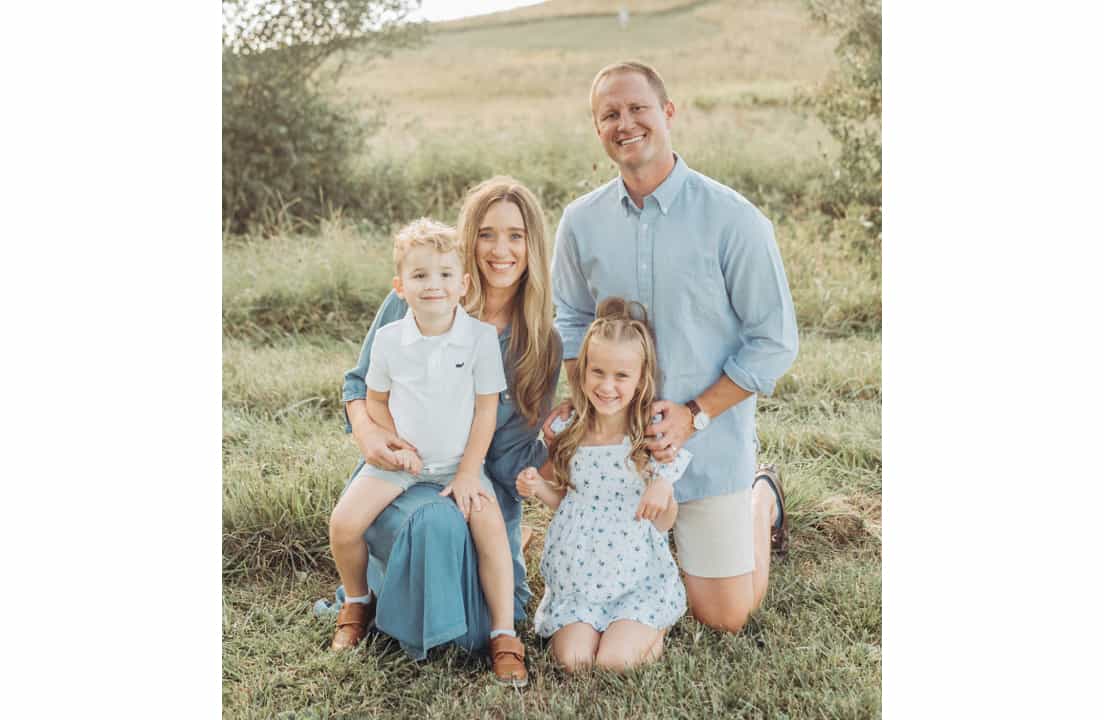
(Lindsey’s daughter Kennedy has an amazing diabetes alert dog named Kona. Read the story here.)
Lindsey and her husband knew they never wanted to risk those complications with their son Cameron, so they decided to test him early and often.
The Berces enrolled Cameron, age four, in TrialNet’s risk screening program. “We tested Cameron with TrialNet. It’s scary, I know from experience,” said Lindsey.
“Every time he comes in and says he’s thirsty…my heart sinks a little bit. I wonder, did he say that already today?” said Lindsey, who shared their experience on Instagram.

“I did a video with Cameron, showing how we tested him. I wanted people to see how easy it was. I just can’t believe pediatricians don’t do it yet.”
Lindsey documented their screening journey on Instagram, here's a video of the simple steps through TrialNet.
“We had a wonderful experience with TrialNet. I tested myself as well,” said Lindsey. “Cameron was negative for autoantibodies, but I know that can change in a few months or in a year. We’ll probably do testing every six months until he’s seven or eight years old, and then I’ll go annually.”
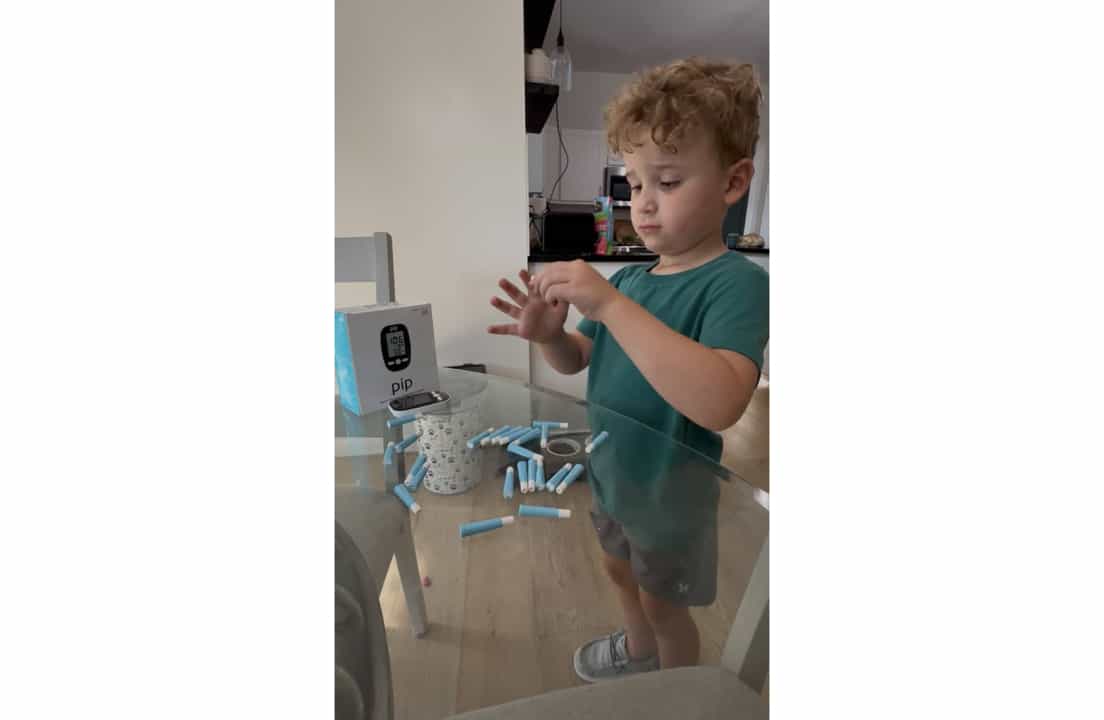
TrialNet’s Pathway to Prevention
TrialNet offers free T1D screening to individuals with a family history of the disease, including siblings, who have a significantly increased risk. It’s approximately 15 times greater than the general population.
Additionally, TrialNet offers a pathway for families to manage the risks and identify type 1 years before symptoms appear. The testing detects specific autoantibodies in the blood.
Even if your child tests negative through TrialNet’s screening, it doesn’t necessarily mean they’re in the clear. T1D can develop at any time, and autoantibodies may appear later, even years after an initial negative result.
“We did the blood test, and we had a wonderful experience,” said Lindsey. “Cameron had one A1c report that came back really high, even though his autoantibody test was negative; his A1c test said otherwise. So he’s in this weird gray area where we don’t know which way he’s going to fall. But we’re going to keep working with TrialNet and keep testing Cameron to see if something changes.”

That’s why continued follow-up testing is so important: it helps catch any changes early, offering another chance to detect risk before symptoms begin.
“I’m always telling people, just ask for the test. I told my sister, who just had a baby, to have him tested every single year. Just to avoid DKA (diabetic ketoacidosis).
“Kennedy was not in DKA, but when we took her in, they told us that she didn’t even have 24 hours left. I think her blood sugar was 711, and her A1c was 13.6. I just don’t want to do that again with Cameron. I just can’t imagine letting that happen to the other kid.”

Sibling Screening is Crucial
Here’s why early testing is so valuable, and potentially lifesaving:
Avoiding Complications
Early detection and management can help prevent serious complications like diabetic ketoacidosis, which can be life-threatening and lead to brain swelling.
Participation in Research
Identifying individuals at risk may allow them to participate in clinical trials that delay the onset of T1D symptoms. The FDA-approved Teplizumab (Tzield) has been shown to postpone diagnosis by an average of two years in at-risk individuals.
Preventative Therapies
More and more preventative therapies preserve beta cell function, which slows the immune attack, allowing the pancreas to continue producing insulin longer.
Plus, delaying diagnosis may allow access to better therapies or trials not yet available.
Time to Prepare
Adjusting to the T1D learning curve with another T1D child can still be challenging. That extra time to prepare—both emotionally and financially allows for proactive planning.

Sanofi Ambassador
Lindsey’s videos with her T1D daughter, Kennedy, and service dog, Kona, have gone viral, achieving millions of views and receiving over 300 comments. From the remarks, Lindsey realized how little people actually knew about type 1 diabetes.
“I had all these videos, with questions like, ‘Did you feed her too much sugar?’ It was frustrating to see the stigma. I had Kona, so I thought if I could just show people what diabetes is really like, someone might learn something. I try to throw in fun facts, and advice to get tested, and try to help someone.”
After testing her son, Lindsay and her husband reached out to Sanofi’s Screening Central platform to offer their services to promote screening. “I told them I have this platform and asked how we can work together, and it kind of just fell in place.”
Sanofi isn’t compensating the Berces. They just wanted to raise awareness about the issue of testing. “I reached out to them to bring more resources to the table. All these T1D moms who have siblings haven’t even thought to test because they are so overwhelmed with their first T1D.”
Screening Central is Sanofi’s telehealth-enabled, user-initiated platform that helps individuals access T1D autoantibody screening without waiting for a doctor referral or specialist.
“I want to talk about the symptoms of diabetes,” said Lindsey. “I try to tell people, ‘Just ask for the test.’ My sister just had a baby, and I told her to test at his annual every year, you just never know.”

“I just try to tell people how important testing is, and that it can happen to anybody.”
Take Proactive Steps and Screen Today
With organizations like TrialNet offering free screening, it’s never been easier to access screening. Early detection between siblings empowers T1D families by providing insight into their risk, allowing for preventative measures and improved long-term health outcomes.
Living in unaware bliss is not an option when we have so many medications to delay T1D’s onset. Preserving those beta cells offers hope because science is getting better every day. Researchers are hard at work with cell therapies to delay the disease’s onset permanently.


.webp)





.webp)
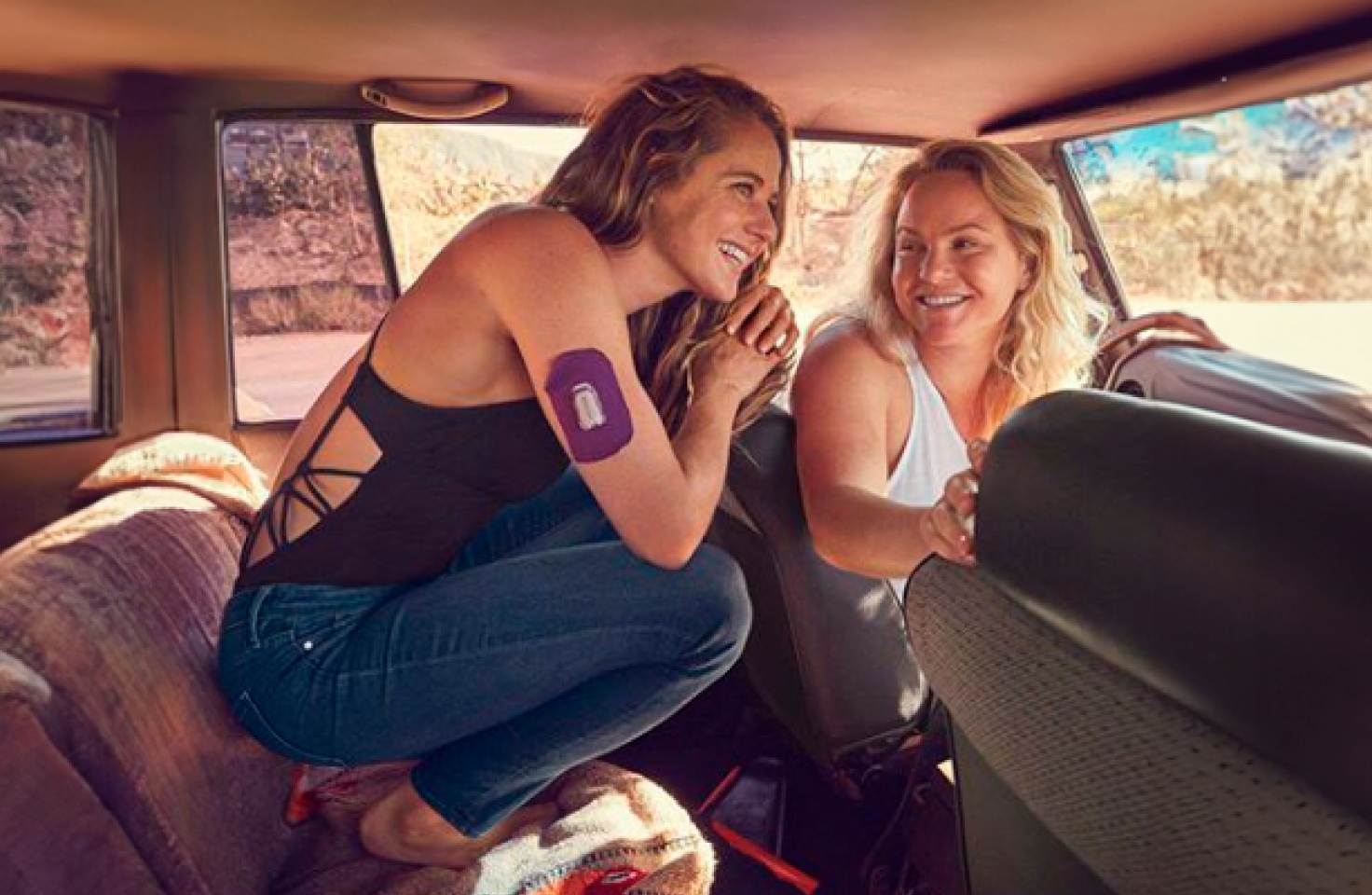
.jpeg)
.jpg)

.jpg)

.jpg)
.jpg)

.jpg)
.jpg)

.jpg)
.jpg)

.jpg)
.jpg)
.jpg)
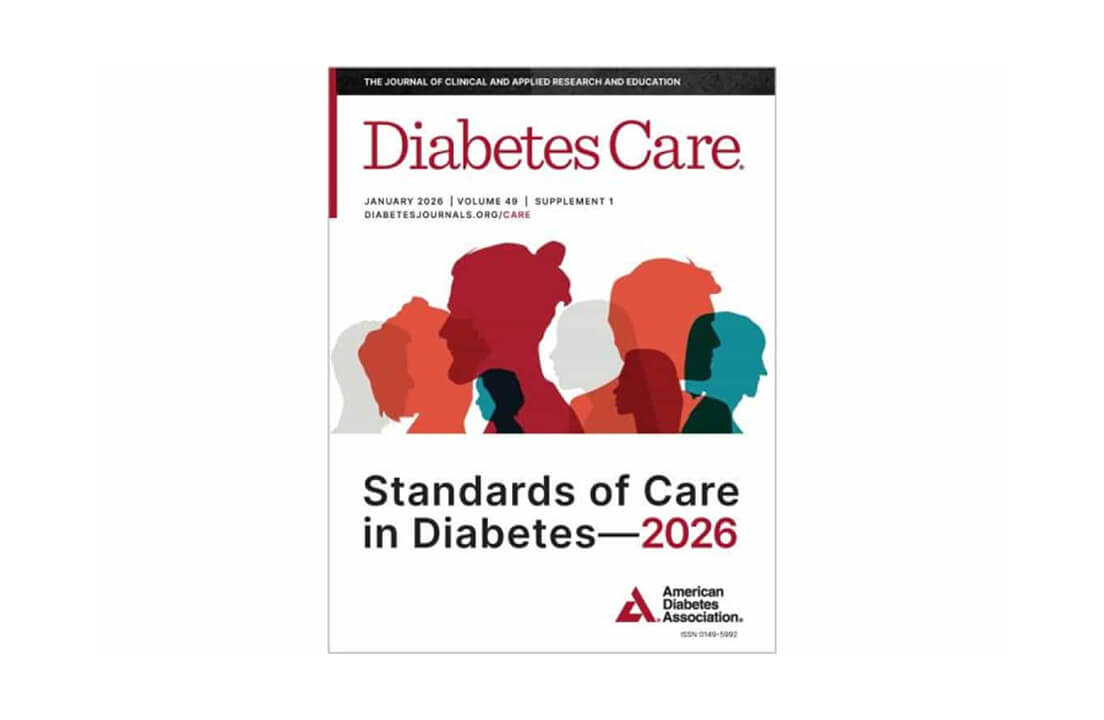
.jpg)
.jpg)



.jpg)



.jpg)

.jpg)
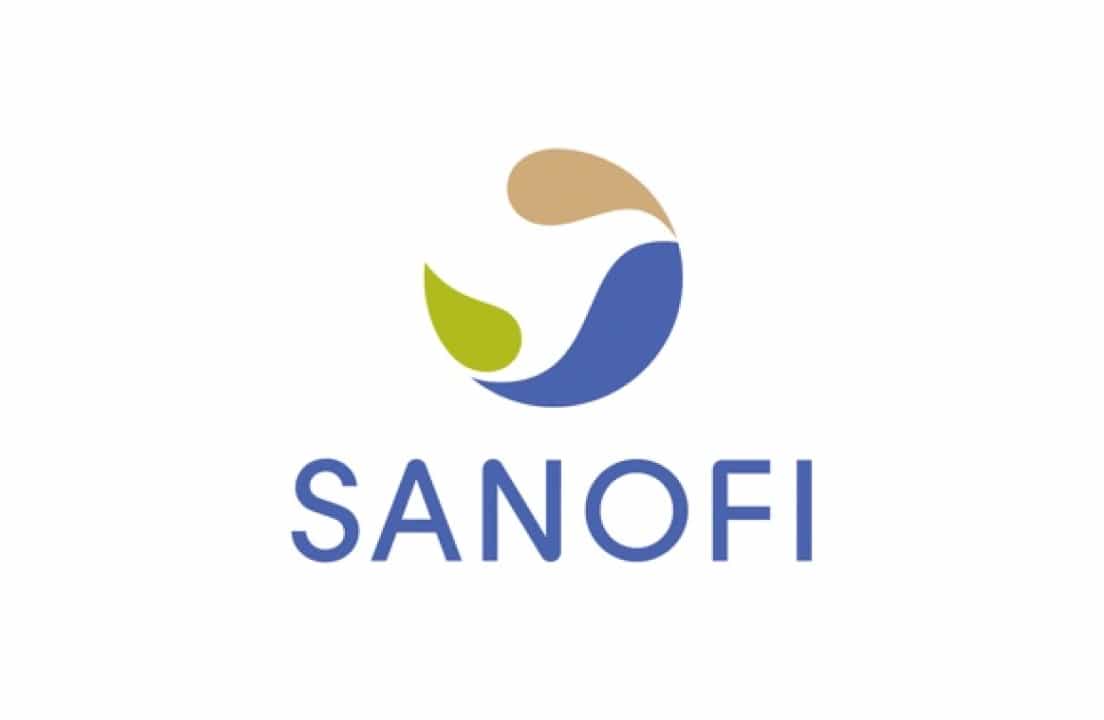



.jpg)

.jpg)


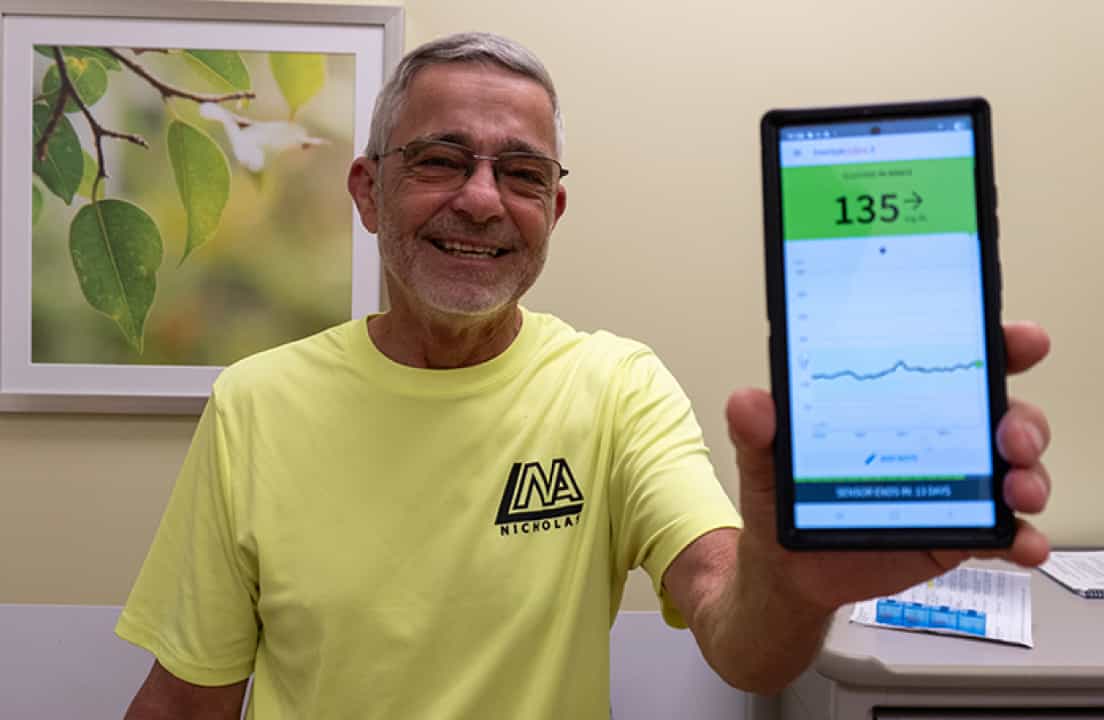

.jpg)
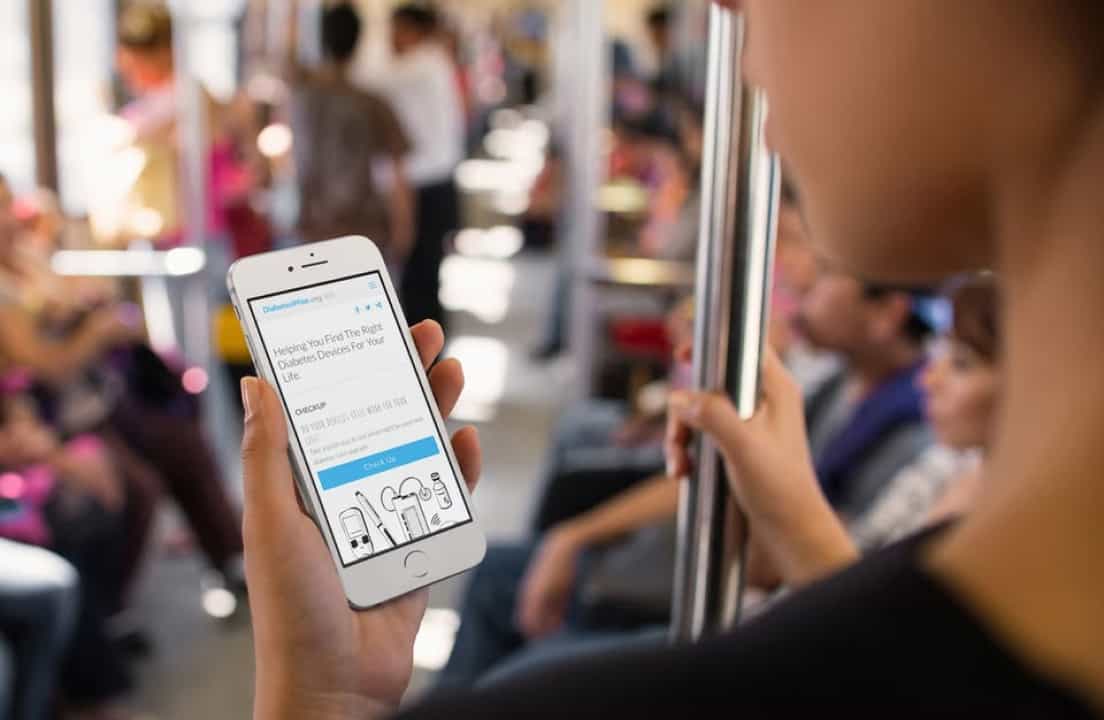
.jpg)
.jpg)
.jpg)



.jpg)

.jpg)

.jpg)
.jpg)
.jpg)
.jpg)
.jpg)

.jpg)
.jpg)
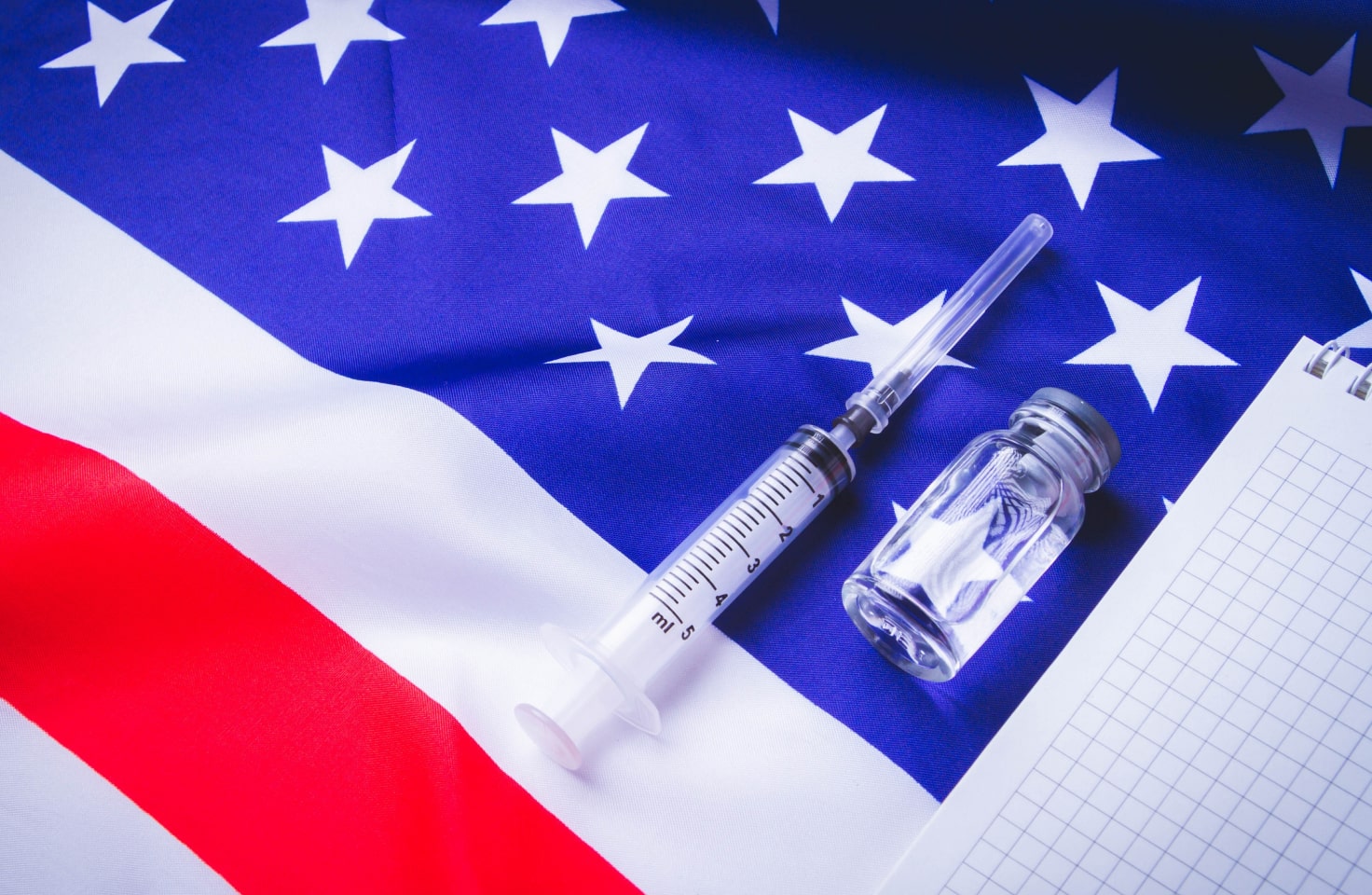
.jpg)



.jpg)
.jpg)
.jpg)


.jpg)
.jpg)

.jpg)

















.jpg)




.jpg)












.webp)